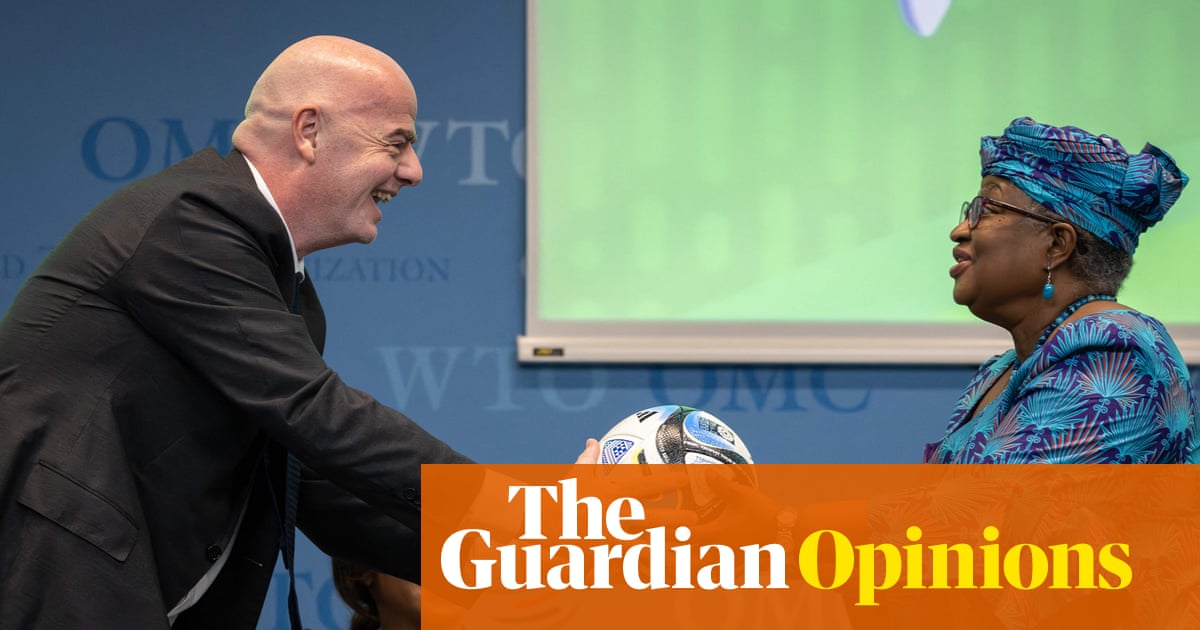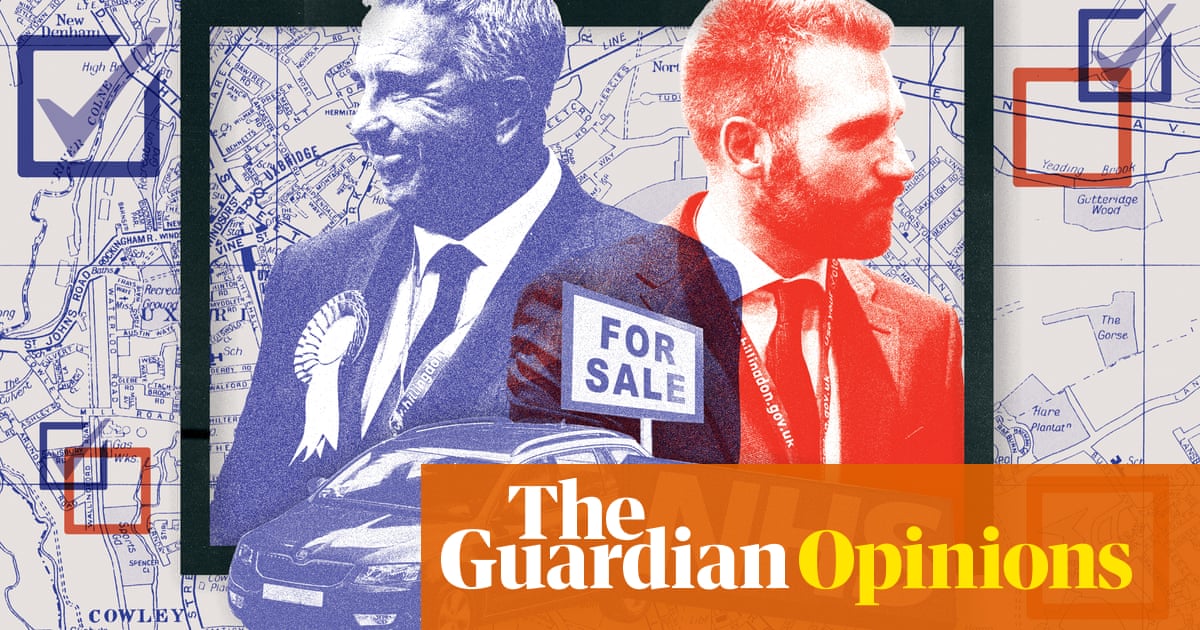
Some “plan for growth”. Millions face futures they neither deserved nor were prepared for, so suddenly has disaster hit. Mortgage payers will be unexpectedly hammered. All homeowners face a sharp fall in house prices in which most of their wealth is held. Worse, those dependent on functioning public services and benefits confront privation and even destitution.
Compelled to find up to £40bn of spending cuts in November to pay for Liz Truss’s unwanted tax cuts, the Treasury has to cripple the state to restore financial credibility. Capital investment, the science budget, new schools and hospitals, uprating benefits and public sector wages in line with inflation – forget them all. Instead of a stimulus to growth, Britain faces intense economic and social dislocation and ongoing stagflation. Austerity is back, this time on an epic scale.
Whisper it – this is where Brexit has inexorably led. There is no Brexit that can work congruent with deeply held British values, beliefs and economic interests. A democratic vote has transmuted into a rightwing coup, culminating in a destructive libertarian programme, an attempt to shrink a state the right considers bloated, to eliminate the last remnants of regulation, to try to drive taxes down, however vital to sustain public services. All in the name of “liberating enterprise” and forcing “self-reliance” on what the Brexit right consider a lazy, cushioned workforce. The line from Brexit to last week’s debacle is straight and obvious.
The EU never ranked in the top 10 of voter concerns: it was an obsession of the British right who saw it as emblematic of “big state” regulation; worse, it was from abroad. Yes, the EU, in trying to create common product, service and professional standards across member states, along with allied freedoms to secure the benefits of a continental economic area, perforce has to regulate. But to American libertarians, so influential on the British right, any regulation is necessarily coercive, limits freedom and is morally damnable. These libertarians live in a parallel universe in which the only moral responsibility is to oneself: even the pronoun “we” is coercive because it subsumes the individual “I”. If you think that, then any EU directive for any purpose must necessarily be opposed to the last.
Worse, the EU became a source of law that did not originate in the House of Commons, which exists in rightwing circles to confer prerogative power to the English upper class via the Tory party. The EU may be creating a continental market, high-quality standards and continent-wide competition, but it threatened an idiosyncratic conception of liberty, and a self-interested idea of sovereignty.
This was a minority preoccupation – until immigration jumped in salience. Suddenly, the prospect emerged of an alliance between English libertarian toffs and an elderly, white working class. Add the malevolent genius of Nigel Farage, together with plausible Brexiters on the left, like the charismatic RMT boss Mick Lynch, and the rest is history.
EU membership was an unacknowledged boon: it had opened up 40 years of economic growth that allowed Britain to become a much more liberal society while avoiding the tough issues in addressing the deep dysfunctions of its capitalism. The better part of the City boomed, offered a continental hinterland, while multinational investors turned round swathes of the British economy – from the car to the food industry – able to export freely from low-cost Britain into the EU single market. Companies such as Vodafone could become multinationals, turning British standards into global standards via the EU’s blessing. Our regions were propped up by generous EU funding. Longstanding weaknesses, from endemic financial short-termism to a chronically weak training system, were disguised. Where weakly regulated Britain did not act, from securing clean beaches to promoting security at work, the EU stepped in to hide British failings.
Brexit has wrecked all of that. Desperate attempts to revive the London stock market as an international financial magnet fail to recognise that, cut off from the EU, it is just a failing regional stock market: inward investment has stagnated; exports of goods and services are falling; no new companies can ever reproduce Vodafone’s path to scale. Britain has to invent another economic model reflecting its new, isolated place in the world.
Boris Johnson could talk about levelling up, becoming a science superpower and restoring the City’s greatness, but without EU membership it was all hot air. Britain once led EU science and finance. No more. It once had the tax base to fund levelling up and attract inward investment. No more. For Truss, Kwarteng and the rest of the doomsday cult there is only one way forward – a libertarian revolution. Hence last week’s disaster.
It will fail, and not only because of social and political revulsion. The whole thesis is wrong. Capitalism cannot pauperise the societies in which it operates: it must earn a licence to operate. Public agency is an imperative to share otherwise crippling risk with business. There must be maximum access to continental scale markets: the obvious one is Europe. A libertarian US government, with the dollar as the world’s reserve currency, could borrow on a Trussian scale. Isolated Britain cannot.
The alternative is the model the Labour party is starting to fashion: a partnership between government and business, pursuing an industrial strategy designed to meet national challenges – climate change, data, care, resilience – and all the while attentive to building a stronger, fairer society. Success will demand redressing financial short-termism and a weak skills base, and promoting purpose-driven companies. But, crucially, EU markets must be opened up to our business, high tech, universities and finance. The UK must join the customs union; and it must align with EU rules and regulations in sector after sector. Only thus is there any prospect of the export growth – and accompanying investment growth – to lift our living standards.
The shadow cabinet may not want to talk about it, but this is the inexorable logic of its position. Yet reality does crowd in on politicians: Truss will attend the first meeting of the European Political Community in Prague this week, championed by President Macron, to discuss European defence and energy security; there is a collective European interest of which Britain is part. Last week witnessed peak libertarianism and peak Euroscepticism.
The long, slow march back to where Britain belongs now begins – into the heart of Europe.












